Copyright © 2023 Trinity International University. All rights Reserved.

Copyright © 2023 Trinity International University. All rights Reserved.
Single-minded Mission
Since 1897, Trinity’s mission has been to educate men and women to engage in God’s redemptive work in the world by cultivating academic excellence, Christian faithfulness, and lifelong learning. Its goal is to prepare students to lead others, as they are entrusted with the gospel to think and live as Christ-followers in the twenty-first century.
A mission-centered and fiscally sound Trinity is a strong Trinity. The Mission Activation Plan Process (MAPP) has highlighted the need for Trinity to adjust to financial and market realities in light of our mission. The collected data has given us a new window into the program and course economics, enabling us to focus on each of Trinity’s schools and to discern how each of them could be best aligned with those realities and challenges. This is not a static plan, but a new way of thinking; its outcomes will unfold over time as the University pursues mission vitality and financial sustainability. You will see not only staff resizing but also reinvestments in areas that are strategic to our mission. This process of data collection and reflection—along with the reallocation of resources—will be continual and ongoing.
Trinity College remains staunchly committed to a personal, practical, and biblical liberal arts education. We believe that God’s kingdom work is interwoven into the life stories of regular people who strive to live exceptional, God-honoring lives. Our commitment to Trinity College students as they embark on their journey is to teach them key skills, to think critically by discerning truth, and to grow in faith, knowledge, and wisdom. From initial registration to graduation, our hope is that Trinity students are well equipped to live out their stories as faithful Christ followers in a complex, dynamic world.
For TEDS, that process has yielded substantial progress in closing the gap between revenue and expenditures, all the while extending the mission. We have significantly decreased operating expenses by tightening our operation on the ground (curricular and scheduling efficiencies, streamlined program tracks) and reshaping our faculty body. Such reshaping has involved the decision, on the one hand, to refrain from replacing certain faculty lines (vacated through voluntary retirements and departures) and, on the other hand, to forgo renewing the annual contracts of two non-tenured faculty. None of these cost reductions will impact the quality of a TEDS education or the amount of programs it offers. On the contrary, thanks to this reshaping process, we will be able to strategically invest in four new faculty hires, even as we launch a new Doctor of Ministry track designed to serve immigrant church pastors and leaders.
Click on a box to see frequently asked questions for the following Trinity constituents.

Copyright © 2023 Trinity International University. All rights Reserved.

Copyright © 2023 Trinity International University. All rights Reserved.